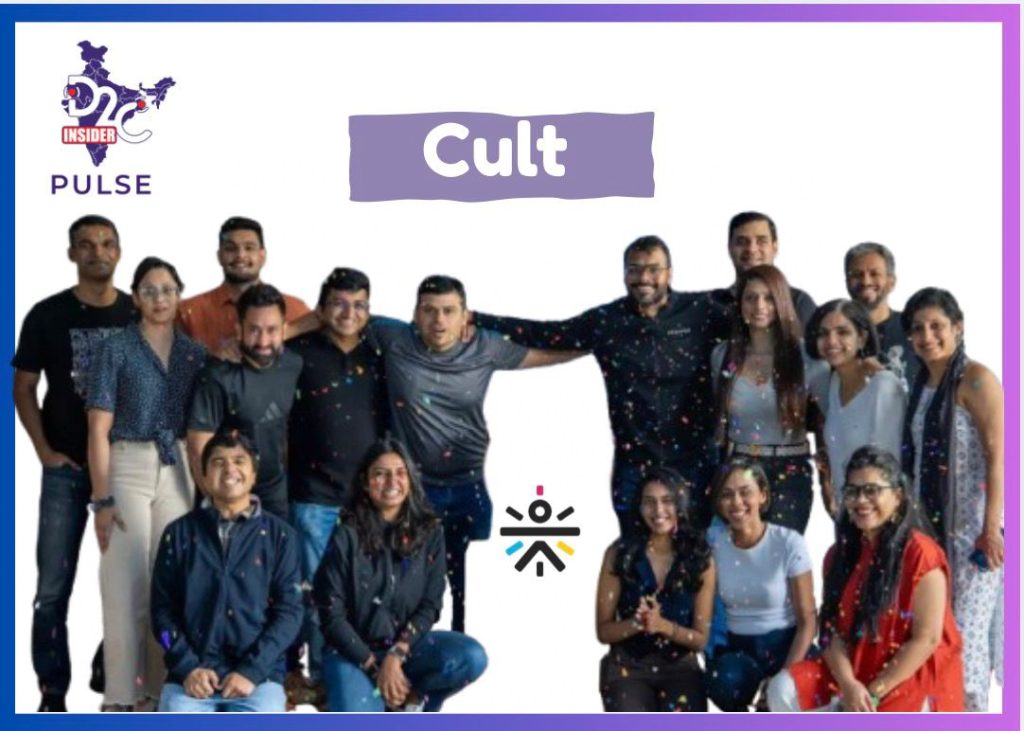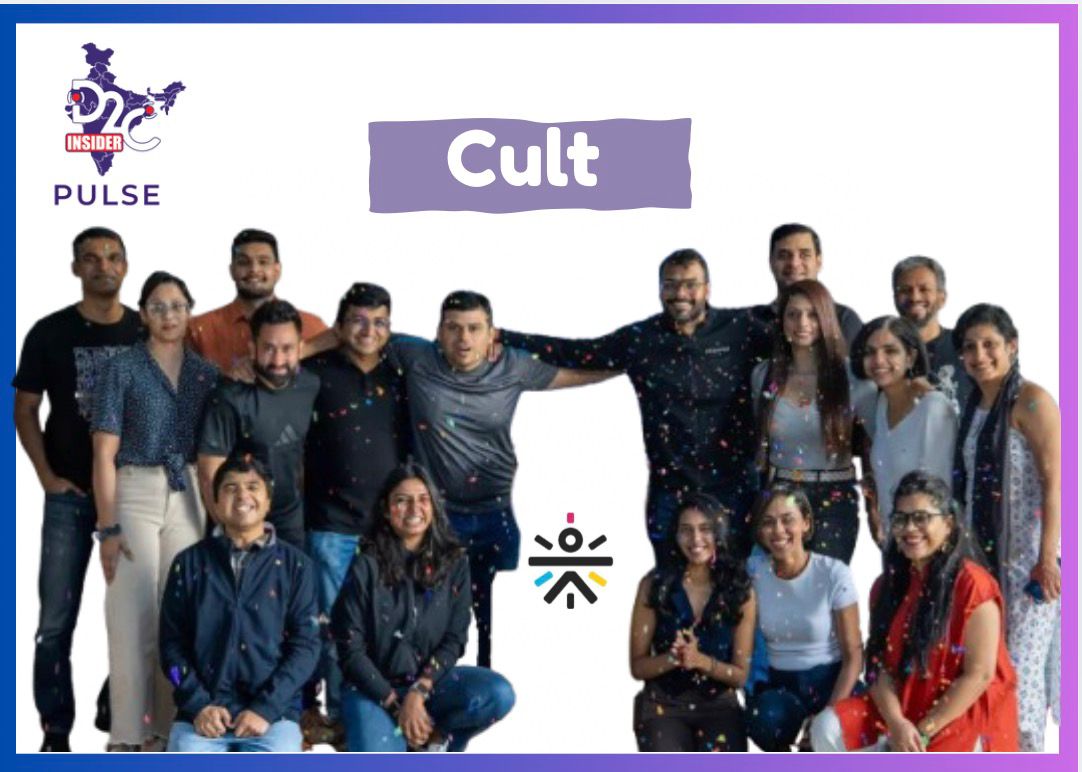Cult, a top fitness chain in India, is aiming to be profitable by fiscal year 2026. They’re working toward positive EBITDA by growing in smaller cities and focusing on the general fitness market. In fiscal year 2025, Cult made ₹1,200 crore in revenue, up 30% from the previous year. CEO Naresh Krishnaswamy mentioned they are already making money this fiscal year.

Krishnaswamy said that they have increased by about 30% each year and are keeping up with that speed. He said that their profits have gone up a lot, and even though they didn’t earn any profit in fiscal year 25, they are already making money in fiscal year 26 and expect to have positive EBITDA by the end of the year.
Cult runs more than 700 gyms in over 60 cities with about 1 million members. They are expanding as India’s fitness market grows. The company has grown quickly as more people focus on health and fitness and because it has been able to keep strong financial performance across its locations. Krishnaswamy said that in India, people are becoming more aware of fitness, and Cult is growing responsibly to meet that need.
Cult Neo, the company’s fitness brand for the general market that costs ₹10,000–₹12,000 per year, is central to its growth plans. Krishnaswamy stated that they see the general market as a big chance because it is mostly unorganized, and people want good quality at prices they can manage, adding that they expect most of their future increase to come from this.
Cult uses a multi-brand plan that covers all market levels, including Cult Neo for people with less money, Cult Elite for people with average money, and Gold’s Gym, Fitness First, and Pilates for people who want premium services. Krishnaswamy noted that one brand can’t control every part, so they have made different types for different people, which has helped them grow.
While gyms are still its main business, Cult has started to see itself as a D2C fitness brand. Its retail and product section, which includes fitness clothes, shoes, and equipment, now makes up about one-third of its total income. The company sells things online through Amazon, Flipkart, Myntra, and its site, and offline through 21 stores in big cities such as Delhi, Bengaluru, and Hyderabad. Cult plans to finish fiscal year 26 with 30 stores and add 30–40 more next year, with big plans to grow in the activewear and sportswear market.
Krishnaswamy said that its retail push aims to make activewear that is both useful and cheap. He said that India has many international brands but few Indian brands in this area, and they are trying to change that.
Cult is also growing by trying to get deeper into smaller cities, where people are starting to focus more on fitness. He said that even though they are in over 60 cities, five major cities still make up about 80% of their income, but he expects that to change a lot over the next years.
Cult is becoming one of India’s fastest-growing D2C wellness brands with its strong omnichannel plan, good financial performance, and strong customer involvement. The company’s combination of gyms, retail, and online sales works with India’s broader D2C market, where wellness, fitness, and lifestyle brands are leading the next wave of changes in consumer behavior.









